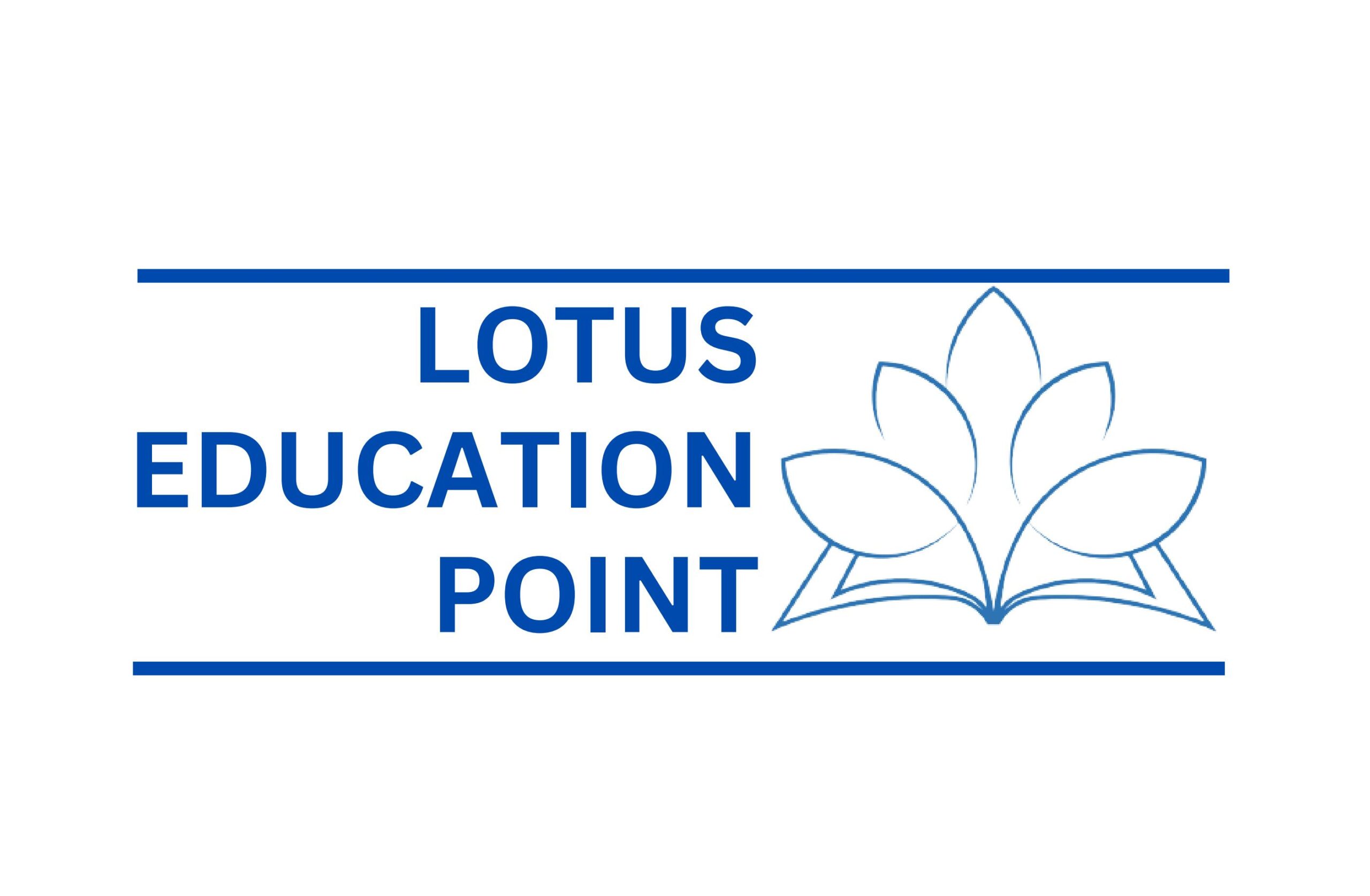Intakes
january // April // July // OctMajor cities
Courses
Institutions
About Japan
Japan ranks as the fourth-largest economy in the world and is renowned for its global educational standards. It offers a wide range of multidisciplinary courses tailored for international students seeking a high-quality education at affordable fees. Studying in Japan goes beyond gaining academic knowledge; it provides hands-on experience with cutting-edge Japanese technology, enhancing your skills and opening doors to global career opportunities.
Japan boasts a strong job market for students and individuals across various visa categories, making it an attractive destination for employment. Moreover, the country is celebrated for its low crime rate, excellent disaster preparedness, advanced healthcare, world-class infrastructure, social harmony, and safe public spaces, making it one of the safest places to live for immigrants.
Adding to its appeal, Japan is a cultural treasure trove, seamlessly blending rich traditions with modern innovations. From its heritage to its forward-thinking society, Japan offers an enriching environment for international students and immigrants.

Japan Visa Application Intakes
1 January Intake
This intake requires students to complete a 1-year and 3-month Japanese language course in Japan. Upon successful completion, they can then enroll in a vocational college or university for further studies. We process visas in July and August; once the results are received, students must wait until September. The students will depart for Japan in the first week of January.
2. April Intake:
For this intake, students are required to complete a 2–year Japanese language course in Japan. Afterward, they can pursue further studies at a vocational college or university. Visa applications are processed in September and October, and after the results are received, students will need to wait until February. The students will then depart for Japan in the first week of April.
3. July Intake
For the July intake, students will complete a 1-year and 7-month Japanese language course in Japan. Upon finishing the language course, they can continue their studies at a vocational college or university. Visa applications are processed in January and February, with results expected by May. Students will then depart for Japan in the first week of July.
4. October Intake
For the October intake, students will complete a 1-year and 6-month Japanese language course in Japan. Afterward, they can proceed to further their studies at a vocational college or university. Visa applications are processed in March and April, with results anticipated by August. Students will then travel to Japan in the first week of October.

Japan is globally recognized for its outstanding education system, on par with Western standards in quality and research excellence. Known for its advanced technology and rich cultural heritage, Japan offers an unparalleled experience for international students seeking both academic growth and personal development.
As one of the world’s most ideal countries for higher education, Japan boasts the third-largest budget for research and development globally, ensuring a strong commitment to innovation and academic excellence. The country fosters a welcoming and education-friendly environment for students from all over the world.
1. What Makes Japan Stand Out?
- Exceptional Education Standards: Japan’s advanced education system emphasizes innovation and quality learning for both local and international students.
- Technological Leadership: Home to cutting-edge technology, Japan offers students access to modern facilities and world-class research opportunities.
- Cultural Richness: The unique fusion of traditional values and modern innovation makes Japan a fascinating place to live and study.
- Global Opportunities: A supportive and inclusive environment ensures international students can thrive academically and personally.
Higher Educational Institutions in Japan:
- Colleges of Technology: 51
- Professional Training Colleges: 10
- Universities (Undergraduate): 82
- Graduate Schools: 86


Documents Checklist
⊕ Offer Letter
- Academic Documents: SEE / SLC to date (Last Academic Documents Original)
- Work Experience Letter—If any
- Japanese Language Proficiency Test – JLPT / JLCT / NAT/ J-CERT (N5-N4 Level)
- Japanese Language Certificate: Six months of classes & 180 hours of study (If applicants have not passed the N5 level Japanese Language Test)
- Applicant Form
- Statement of Purpose (SOP)
- Sponsor Statement
Local government documents.
- Relationship Certificate between Parents, Sponsors, & Applicants
- Birth Date Certificate of Applicant
- Occupation Verification Certificate—Agriculture / Business
- Annual Income Verification Certificate
- Tax Clearance Certificate
- Address Verification: If the address differs in some documents, like ward documents & academic documents.
- Surname Verification: If the parent’s surname & the applicant’s surname are different
Financial Documents (Japan Immigration accept the Co-operative Bank)
- Bank Balance Certificate
- Bank Statement: Annual Transaction
- Bank Verification Letter—If necessary
No Objection Certificate (NOC)
- Last Academic Documents copy
- Citizenship copy
- Passport copy
- Admission Certificate copy
- Tuition Fee Invoice copy
- CoE copy
Visa Documents
- CoE– Original Hard Copy
- Language Certificate or Japanese Language Proficiency Test Certificate—any one
- Passport: Original
- Visa Application Form
JAPAN SEASONS

- Spring (March to May): A season of renewal and beauty, highlighted by the breathtaking cherry blossoms that bloom across the region from mid-March to late April.
- Summer (June to mid-September): A warm and lively season, ideal for outdoor activities and soaking up the sunshine.
- Autumn (September to November): A picturesque season with vibrant foliage in shades of orange, red, and gold, creating stunning landscapes.
- Winter (December to February): A cool and tranquil season with crisp air, offering a cozy and serene atmosphere.


International students in Japan have the opportunity to work part-time while pursuing their studies. However, some specific regulations and guidelines must be followed.
1. Work Permit Requirement
-
- To work legally in Japan, international students must obtain a work permit (officially called “Permission to Engage in Activity Other Than That Permitted by the Status of Residence”).
- This can be applied for at the local immigration office.
- Students are allowed to work up to 28 hours per week during academic terms and up to 40 hours per week during school breaks (e.g., summer vacation).
2. Popular Part-Time Job Options.
- Common jobs include:
- Working at restaurants, cafés, and convenience stores.
- Retail positions in shops and malls.
- Language tutoring or teaching, especially for English or other native languages.
Working part-time in Japan not only helps international students cover living expenses but also provides valuable cultural and professional experiences. It’s a great opportunity to improve Japanese language skills, gain work experience, and immerse oneself in Japanese society.



At Lotus Education Point, we specialize in providing comprehensive consulting services for students aspiring to study in Japan. With our in-depth expertise and personalized approach, we ensure your journey to Japan is smooth, efficient, and rewarding.

Our Japan-Focused Services:
- Japanese Language Course Placement:
- Assistance in selecting the best Japanese language schools across Japan.
- Guidance on course durations (1 year, 6 months, 2 years) based on your academic or career goals.
- Support for students aiming to join vocational colleges or universities after completing language courses.
- Admission to Vocational Colleges and Universities:
- Detailed counseling to help you choose the right vocational school or university for your field of interest.
- Support in preparing applications, including SOPs, recommendation letters, and other necessary documents.
- Visa Guidance and Processing:
- Expert assistance in preparing and submitting your visa application for Japan.
- Ensuring compliance with Japanese immigration requirements for smooth visa approval.
- Updates on visa policies and procedures for hassle-free processing.
- Career Counseling for Japan:
- Tailored advice for students looking to pursue in-demand fields such as engineering, IT, hospitality, and healthcare.
- Guidance on building skills aligned with Japan’s job market and post-study work opportunities.
- Test Preparation Support:
- Assistance in preparing for Japanese language proficiency tests like JFT-Basic, NAT, or
- Access to study resources, mock tests, and practice materials.
- Pre-Departure Orientation for Japan:
- Information on Japanese culture, traditions, and student life.
- Assistance with travel planning, accommodation arrangements, and part-time job opportunities.
- Post-Arrival Support in Japan:
- Continuous support to help you settle in Japan, including opening bank accounts, registering for health insurance, and more.
- Assistance with finding part-time jobs and internships to support your studies and gain valuable experience.


)
